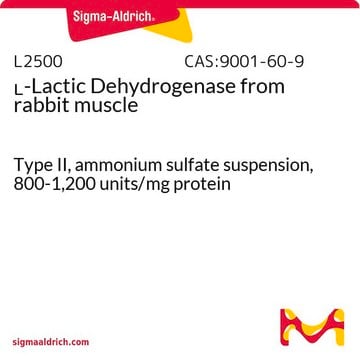M0505
Methylamine hydrochloride
≥98%
Synonym(s):
Methanaminium chloride, Methylamine monohydrochloride, Methylammonium chloride, Monomethylammonium chloride
About This Item
Recommended Products
Quality Level
Assay
≥98%
form
powder or crystals
bp
225-230 °C/15 mmHg (lit.)
mp
231-233 °C (lit.)
solubility
H2O: 1 g in 10 mL, clear, colorless
SMILES string
Cl[H].CN
InChI
1S/CH5N.ClH/c1-2;/h2H2,1H3;1H
InChI key
NQMRYBIKMRVZLB-UHFFFAOYSA-N
Looking for similar products? Visit Product Comparison Guide
General description
Application
- Betahistine via aza-Michael reaction with 2-vinylpyridine in water.
- Azatripyrrolic and azatetrapyrrolic macrocycles by reacting with pyrrole and formaldehyde via base-catalyzed Mannich reaction.
- Tetrahydropyridines via Aza-Diels–Alder reaction with dienes and aldehydes.
- N-methylsecondary arylamines from aryl chlorides via nickel-catalyzed amination reaction.
related product
Signal Word
Warning
Hazard Statements
Precautionary Statements
Hazard Classifications
Acute Tox. 4 Oral
Storage Class Code
11 - Combustible Solids
WGK
WGK 1
Flash Point(F)
408.7 °F - closed cup
Flash Point(C)
209.3 °C - closed cup
Personal Protective Equipment
Certificates of Analysis (COA)
Search for Certificates of Analysis (COA) by entering the products Lot/Batch Number. Lot and Batch Numbers can be found on a product’s label following the words ‘Lot’ or ‘Batch’.
Already Own This Product?
Find documentation for the products that you have recently purchased in the Document Library.
Customers Also Viewed
Our team of scientists has experience in all areas of research including Life Science, Material Science, Chemical Synthesis, Chromatography, Analytical and many others.
Contact Technical Service







